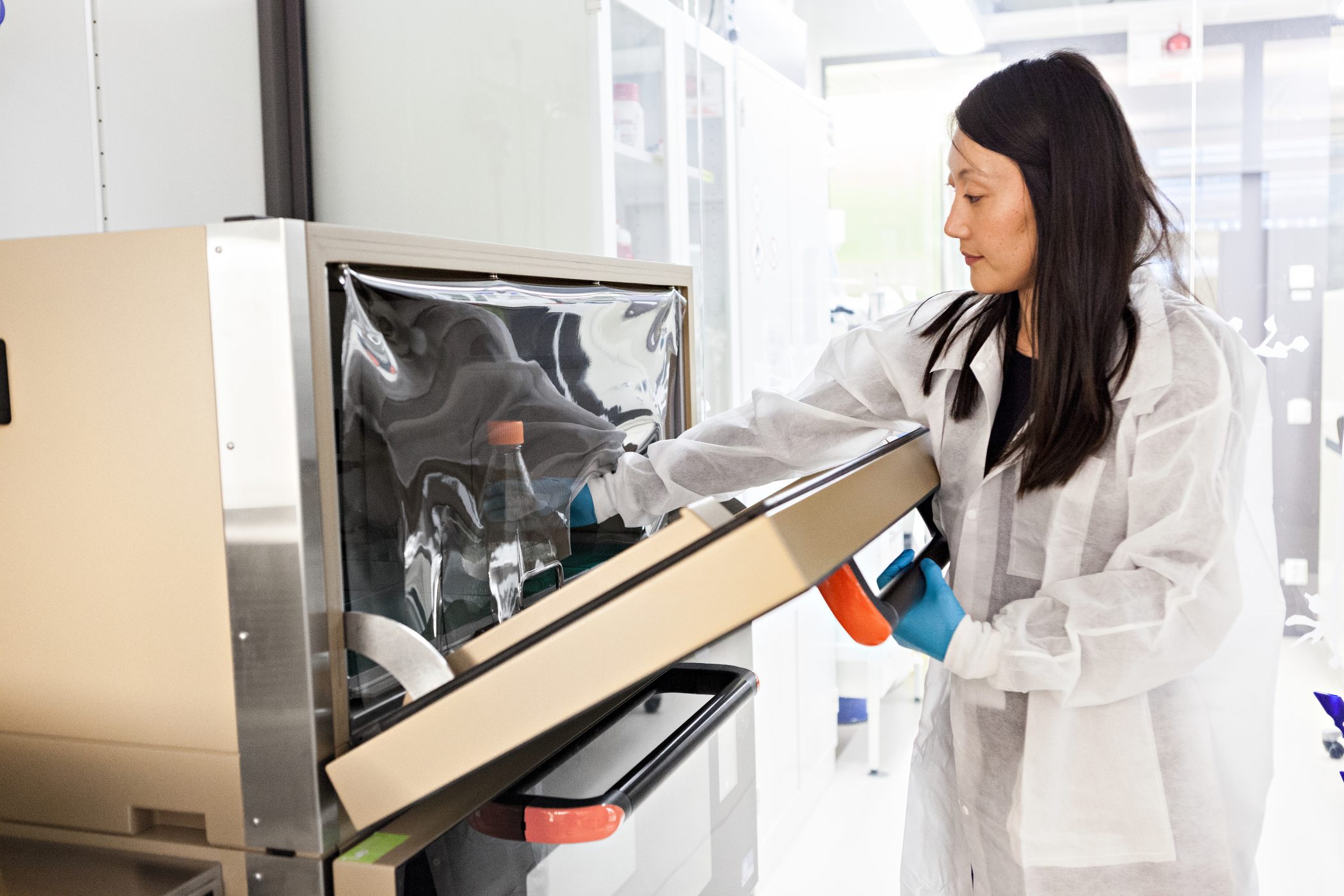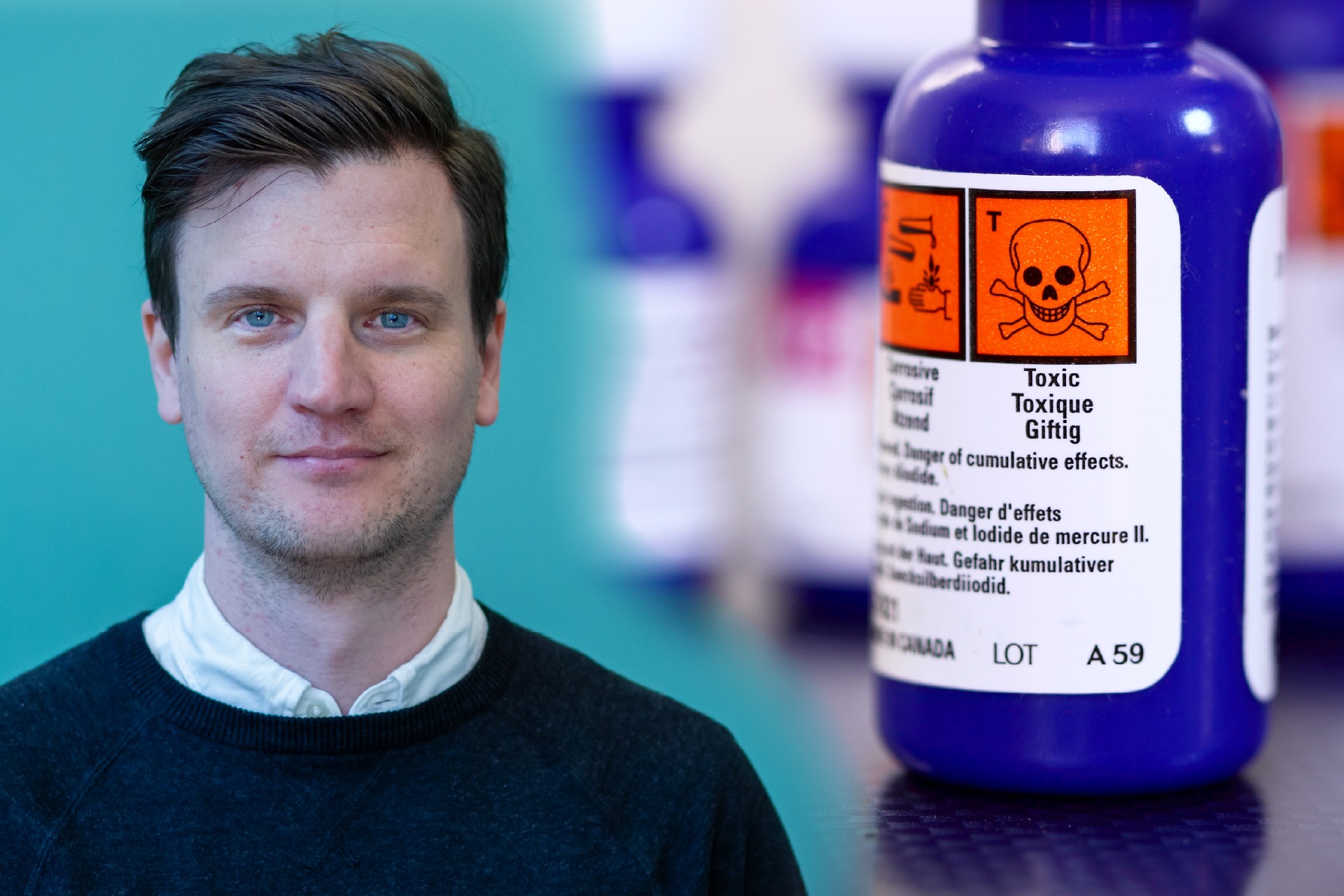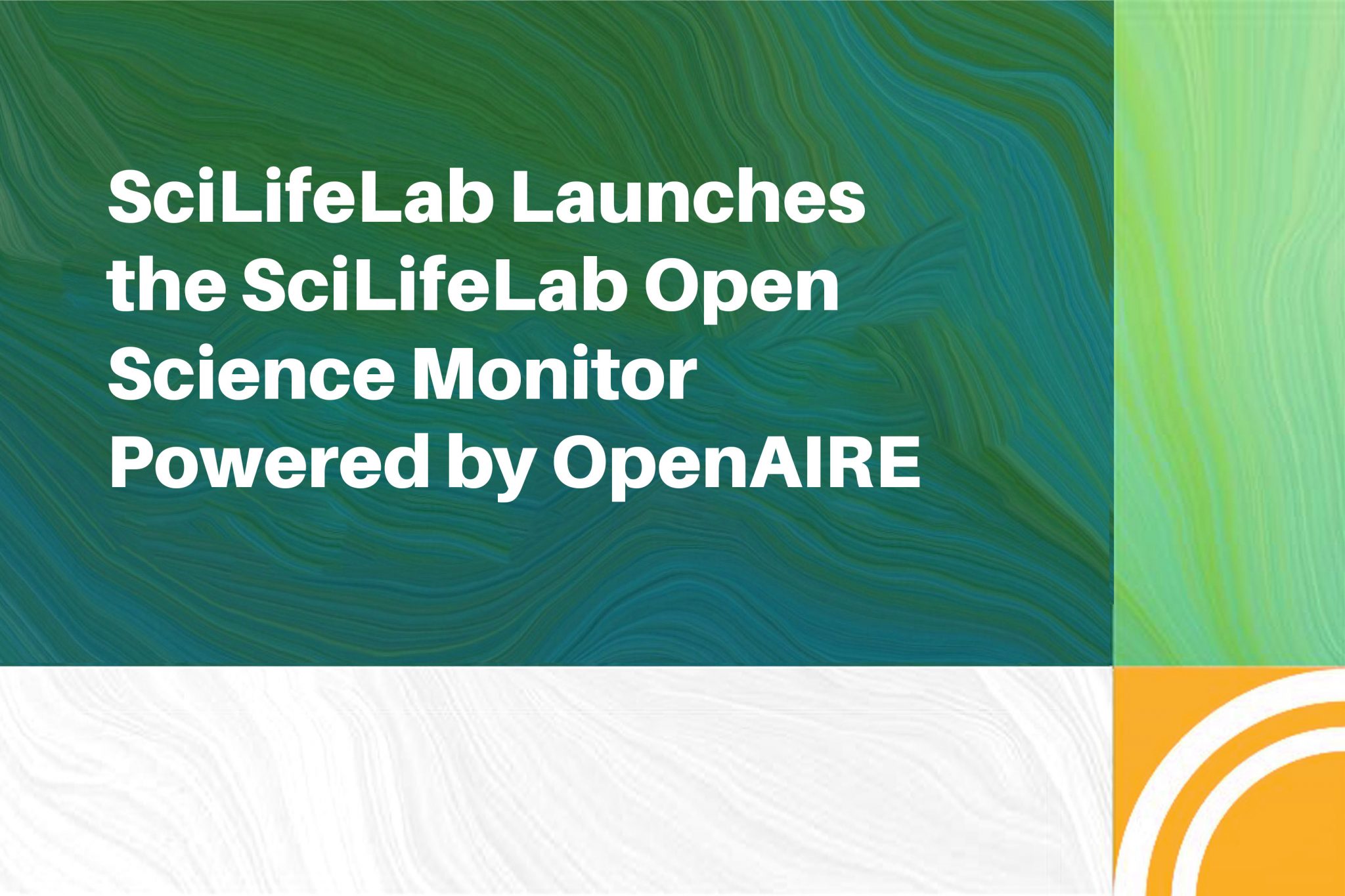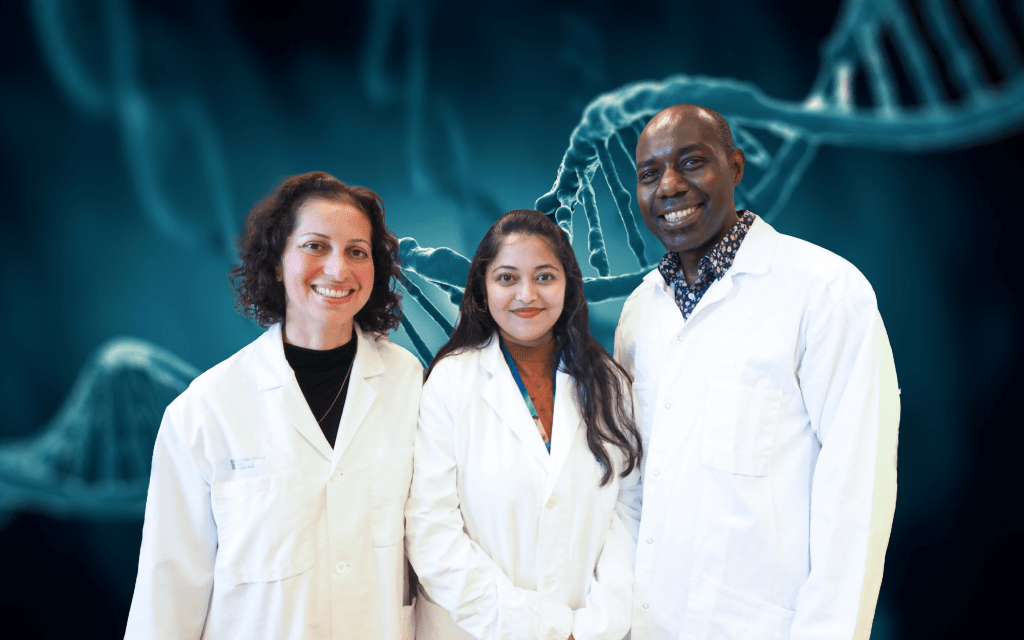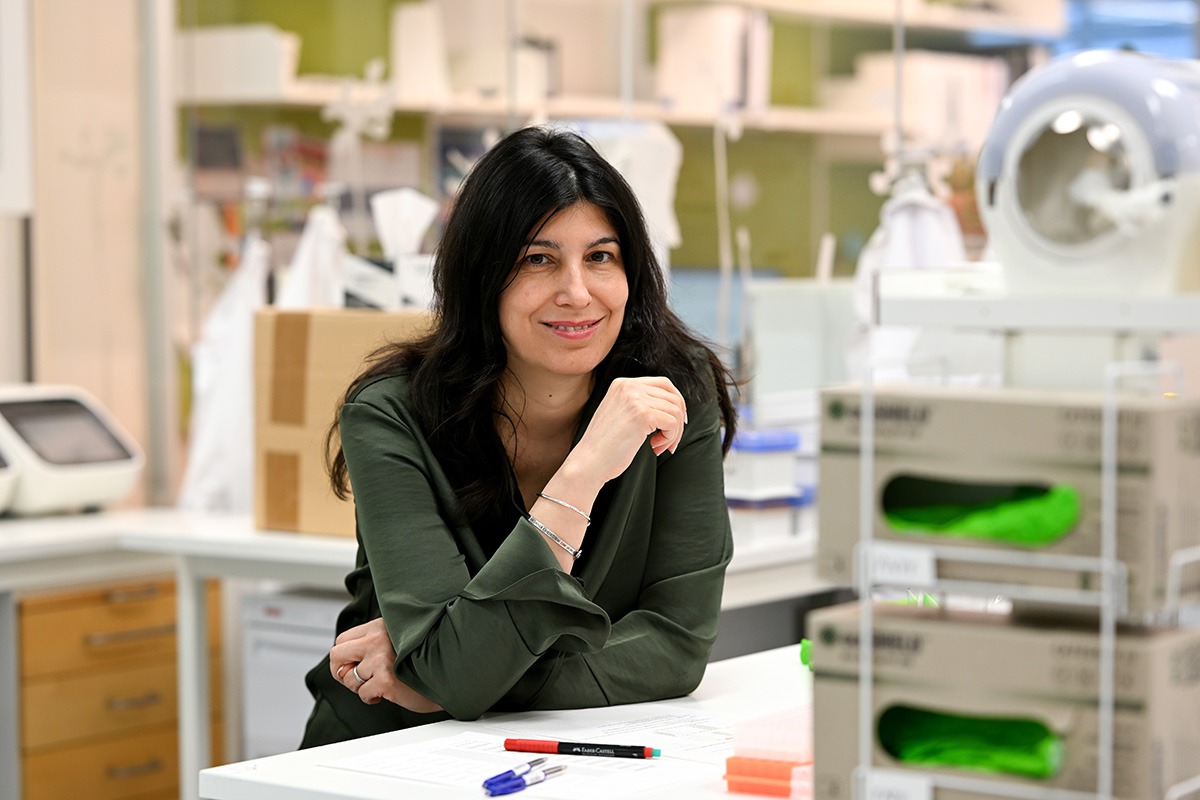Developing transformative technologies for tomorrow’s drugs, at SciLifeLab
To support academic researchers in developing prototypes for new therapies, SciLifeLab’s Drug Discovery and Development (DDD) platform is continuously focused on making transformative drug development technologies available. In 2020, the platform established a new methodology for developing protein degrading drugs (so-called PROTACs ®) and launched a chemical library with over one million unique DNA-coded chemical compounds. Now, a new therapeutic approach is added to the platform’s repertoire – oligonucleotide drugs.
Treating diseases with oligonucleotide drugs, based on short single- or double stranded RNA molecules, so-called nucleotides, is a relatively new undertaking, that gained traction in recent years. Now, this development will be furthered through a national center called OligoNova Hub, at the Wallenberg Centre for Molecular and Translational Medicine at the University of Gothenburg (GU). It is enabled by funding from the Knut and Alice Wallenberg Foundation, SciLifeLab and GU, and will be constructed with guidance and knowledge from AstraZeneca.
For many diseases, oligonucleotide drugs make more effective therapies possible. For instance, there was an extraordinary case in 2019 where a team of researchers, led by Timothy Yu at Boston Children’s Hospital, developed a custom-designed oligonucleotide to treat a unique form of Batten disease in a single patient – a six-year old child – in less than a year; compared to traditional drug development which requires at least five years before a new investigational drug reaches patients. With the OligoNova Hub, Swedish researchers will get another instrument in the toolbox, helping them develop their academic discoveries towards new drugs and more effective treatments.
”Although the first oligonucleotide drugs were developed to treat unusual, genetic diseases, we now see a rapid development of new therapies for larger disease groups. For example, the EU recently approved the new oligonucleotide drug Inklisiran, which is used to lower cholesterol, says Claes Gustafsson, professor of Medical Chemistry at the Sahlgrenska Academy, in a press release from the University of Gothenburg.
The OligoNova Hub will also become part of SciLifeLab’s DDD platform. As the platform currently focuses on small molecules and proteins, oligonucleotides will add a third dimension to the operations.
”This endeavour enables the DDD platform to take on new kinds of projects for diseases with unmet medical needs, and focus on different therapies. It also creates several potential synergies, for instance, a possibility to combine DDD’s unique antibody expertise with oligonucleotide drugs to facilitate delivery to the correct cell type”, says Kristian Sandberg, Co-Director of the platform.
“The OligoNova Hub will establish a vibrant centre based on scientific excellence for these new medicines, creating a unique opportunity for SciLifeLab to work on new drugs together with the life science community in Sweden. We look forward to working with the Wallenberg Centre for Molecular and Translational Medicine, to make these technologies available to researchers across the country”, he continues.
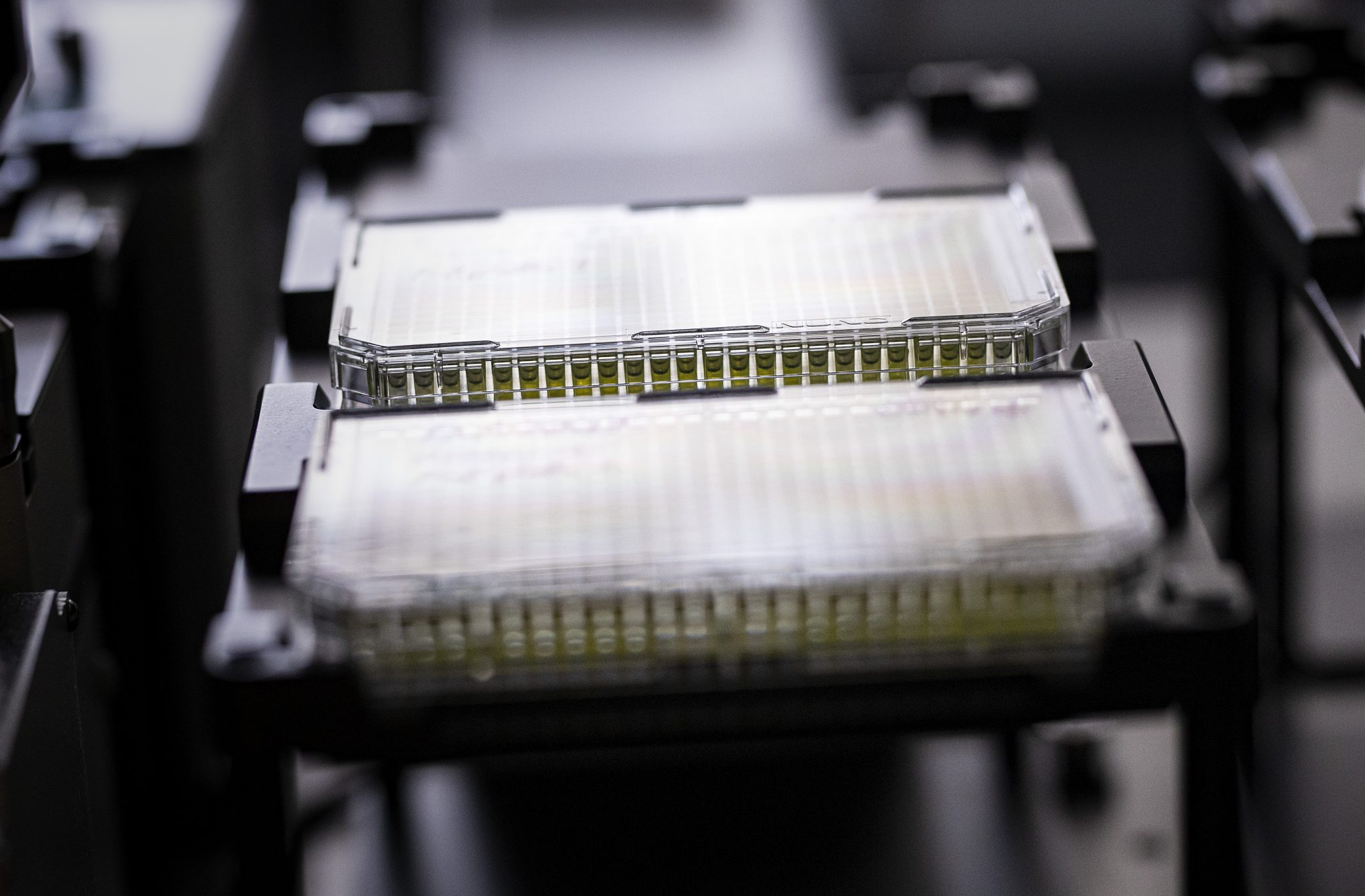
Other recent developments at the platform
With its mission to support researchers in developing prototypes for new drugs, the DDD platform is focused on providing state-of-the-art drug discovery technologies to scientists across the country. During the last couple of years, the platform has developed DNA-coded chemical libraries that make it easier to find relevant starting points for small molecule drug discovery. In 2020, the platform launched its third library, containing over one million unique DNA-coded drug-like substances. Currently used for COVID-19 projects, the library will be made available for academic researchers nationwide in 2021.
The platform also recently established a new methodology for developing PROTACs ® (Proteolysis targeting chimera), a new kind of drug which breaks down target proteins instead of inhibiting their functions. In 2020, the platform’s researchers – in close collaboration with scientists at Karolinska Institutet, Uppsala University and Recipharm AB – showed the first functional degrader to be produced in Swedish academia. Now, the aim is to make this technology available to users in early 2022.
In 2020, the activities at the platform were in many ways affected by the corona pandemic, but despite restrictions, the platform managed to carry out most of its operations as planned. During the year, it added three new academic projects to its portfolio, and carried out two successful exits; one of which, a project on developing a new kind of cell therapy (CAR-T) for glioblastoma, was advanced into a private company that will continue its development.
The platform also launched two research projects on COVID-19 – one aiming to identify inhibitors of a viral protease essential to the growth of the virus, and one where antibodies with high-binding strength to the virus surface protein have been identified.
Read more
- University of Gothenburg press release (in Swedish)
- SciLifeLab Drug Discovery and Development Platform
